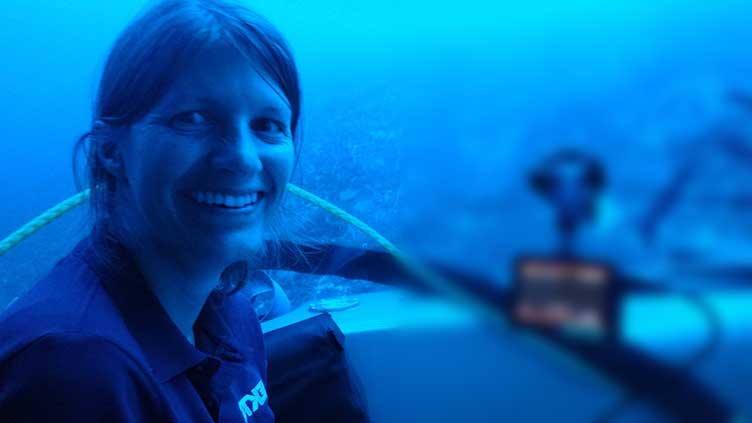There is only one global ocean.
Life itself arose from the oceans.
Even now, when the continents have been mapped and their interiors made accessible by road, river and air, most of the world’s people live no more than 200 miles (320 kilometers) from the sea and relate closely to it. The oceans had long been subject to the freedom of-the-seas doctrine - a principle put forth in the 17th century, essentially limiting national rights and jurisdiction over the oceans to a narrow belt of sea surrounding a nation’s coastline. The remainder of the seas was proclaimed to be free to all and belonging to none. While this situation prevailed into the twentieth century, by mid-century there was an impetus to extend national claims over offshore resources.
The wonders of the deep ocean
The oceans are as vast as mysterious. They make up 70% of our planet’s surface, but over 80% of its area remains unexplored. The seafloor is almost a whole new world to explore. People used to think that biodiversity dropped off as the seafloor gets deeper, but submersible robots are rapidly uncovering how marine life thrives and even identifying new species.
Understanding the deep ocean is fundamental to our future. Exploring the deep blue could unlock mysteries of outer space, giving us clues of what cosmic oceans look like. The ocean floor allows us to test some of the equipment and experiments for space missions, propelling us into new frontiers.
Tomorrow’s oceans need help
As humanity seeks new solutions to protect and restore the oceans, two species of coral in the reefs of Hawaii found a way to adapt to warmer waters, offering some hope to other reefs. Unfortunately, this is only a small step and might not even be enough in the long run dispute of the species against the rise of temperature.
The implementation of Marine Protected Areas (MPA) is key to protect animal and plant species in the fight against the effects of industrial fishing, drilling, mining, shipping. The world’s largest marine protected reserve, in Hawaii, has shown that these regulated areas not only safeguards biodiversity within the MPAs but also flourishes marine life outside its borders.
A paper published in 2022 in the journal Science indicates that climate change in the next few centuries could lead to marine losses unlike anything our planet has seen in 250 million years. According to the authors, we can still alter this tragic scenery if we turn around our emissions quickly.
For a brighter future, the ocean needs not only a reduction of greenhouse gas, but also efforts to halt overfishing, a drastic drop of ocean pollution and development of technologies like submersible and aerial robots that lead to a better understanding and management of the marine resources.
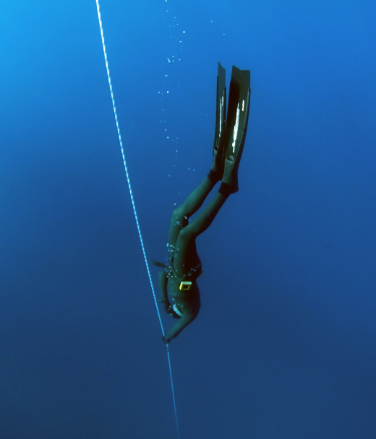
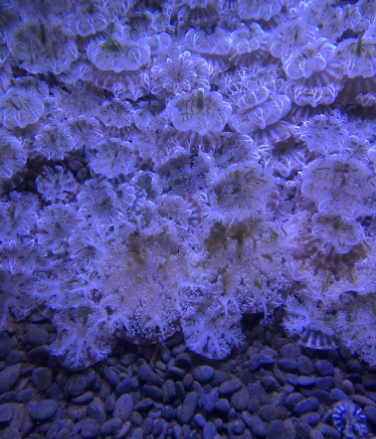
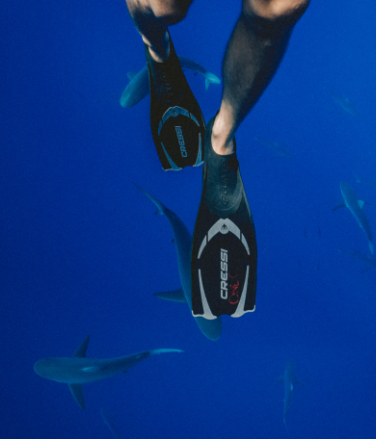
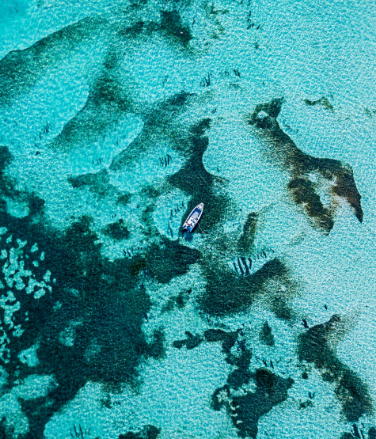
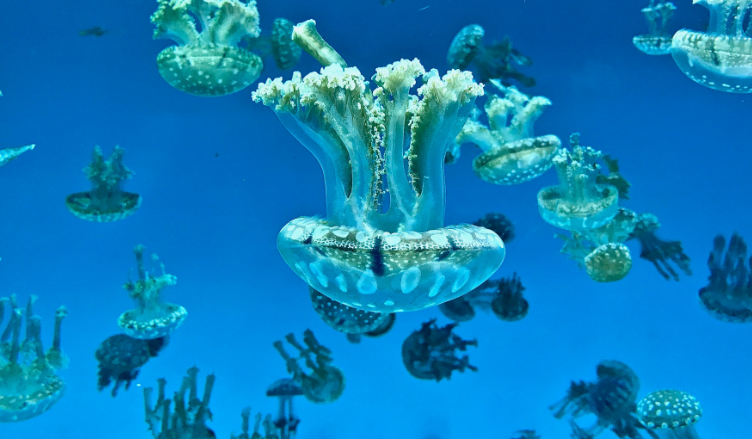
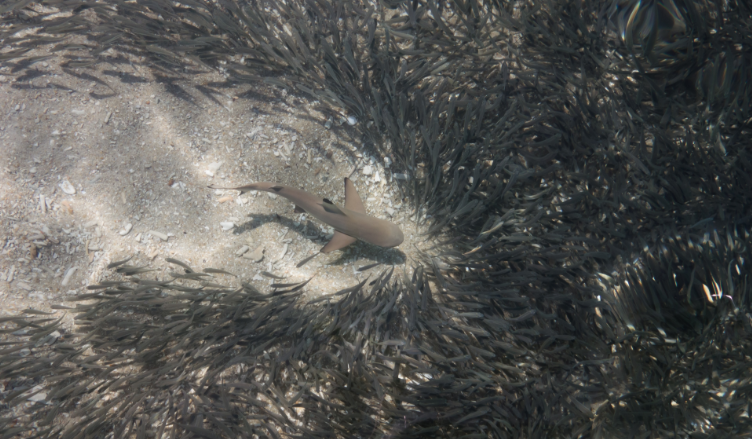
In 2019
the exploration came from
Aquanauts
Geologist
Archaeologist
Trained maritime Archaeologist
Marine biologist
Marine ecology and conservation
Ocean Conservationist
Documentary Filmaker
Underwater Filmaker
Dive master
Shark conservationist
Marine Photographer
Watch All





